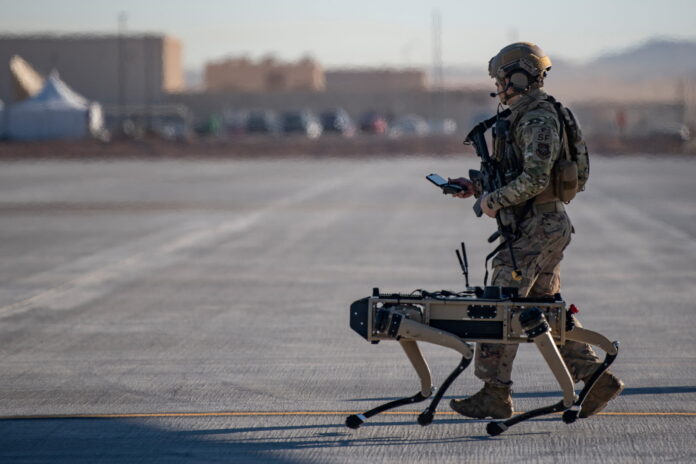Artificial Intelligence (AI) has made significant progress in recent years and has been adopted by various industries. One area where AI is increasingly being utilized is in military applications. The use of AI in military operations has the potential to improve efficiency, effectiveness, and safety. However, the ethical considerations of using AI in military applications cannot be overlooked.
One of the primary ethical considerations of using AI in military applications is the risk of loss of human control. With AI systems, decisions that would have otherwise been made by humans can now be made by machines. This has raised concerns about the potential for AI systems to make decisions that could cause unintended harm to civilians or even military personnel. There is also a risk that AI systems could malfunction or be hacked, leading to unintended consequences. It is therefore critical to ensure that human oversight and control are maintained over AI systems.
Another ethical consideration of using AI in military applications is the potential for bias. AI systems are only as unbiased as the data they are trained on. If the data used to train AI systems is biased, the resulting AI systems will also be biased. This could lead to unintended discrimination or even harm to certain groups of people. It is therefore critical to ensure that AI systems are trained on unbiased data and that they are regularly audited to ensure that bias does not creep into the decision-making process.
A third ethical consideration of using AI in military applications is the potential for the use of AI in autonomous weapons. Autonomous weapons are AI systems that can select and engage targets without human intervention. The use of such weapons raises serious ethical questions, such as who is responsible for the actions of these weapons if they cause harm, and how can we ensure that they are used ethically? It is therefore critical to ensure that the development and use of autonomous weapons are regulated and that they are subject to strict ethical guidelines.
Finally, the use of AI in military applications raises ethical questions about the value of human life. If AI systems can be used to make decisions about who lives and who dies, how do we ensure that these decisions are made ethically? It is critical to ensure that AI systems are used to augment human decision-making, rather than replace it entirely. Additionally, there must be clear guidelines for the use of AI in military applications to ensure that human life is always valued and protected.
In conclusion, the use of AI in military applications has the potential to improve efficiency, effectiveness, and safety. However, it is critical to consider the ethical implications of using AI in these contexts. The risk of loss of human control, bias, the use of autonomous weapons, and the value of human life must all be taken into account when developing and deploying AI systems in military applications. By doing so, we can ensure that AI is used ethically and responsibly in military operations.





